Match Point Mental Barrier: Alexandrova’s Glass Ceiling
The 2025 Seoul final told a harsh and exact story through its visuals: on one side, Swiatek’s fist-pumping and triumphant roar marked another stunning comeback; on the other, Alexandrova’s eyes were distant, her racket seeming weighted with immense pressure. In this intense 2-hour 47-minute duel, the Russian nearly clinched victory—crushing the first set 6-1 and holding a 3-1 lead in the decider—yet ultimately, it ended in a chilling loss on the scoreboard. This match served as a carefully crafted metaphor, perfectly mirroring Alexandrova’s career dilemma: possessing firepower capable of breaking any defense, yet never able to shatter the fragile psychological glass ceiling.
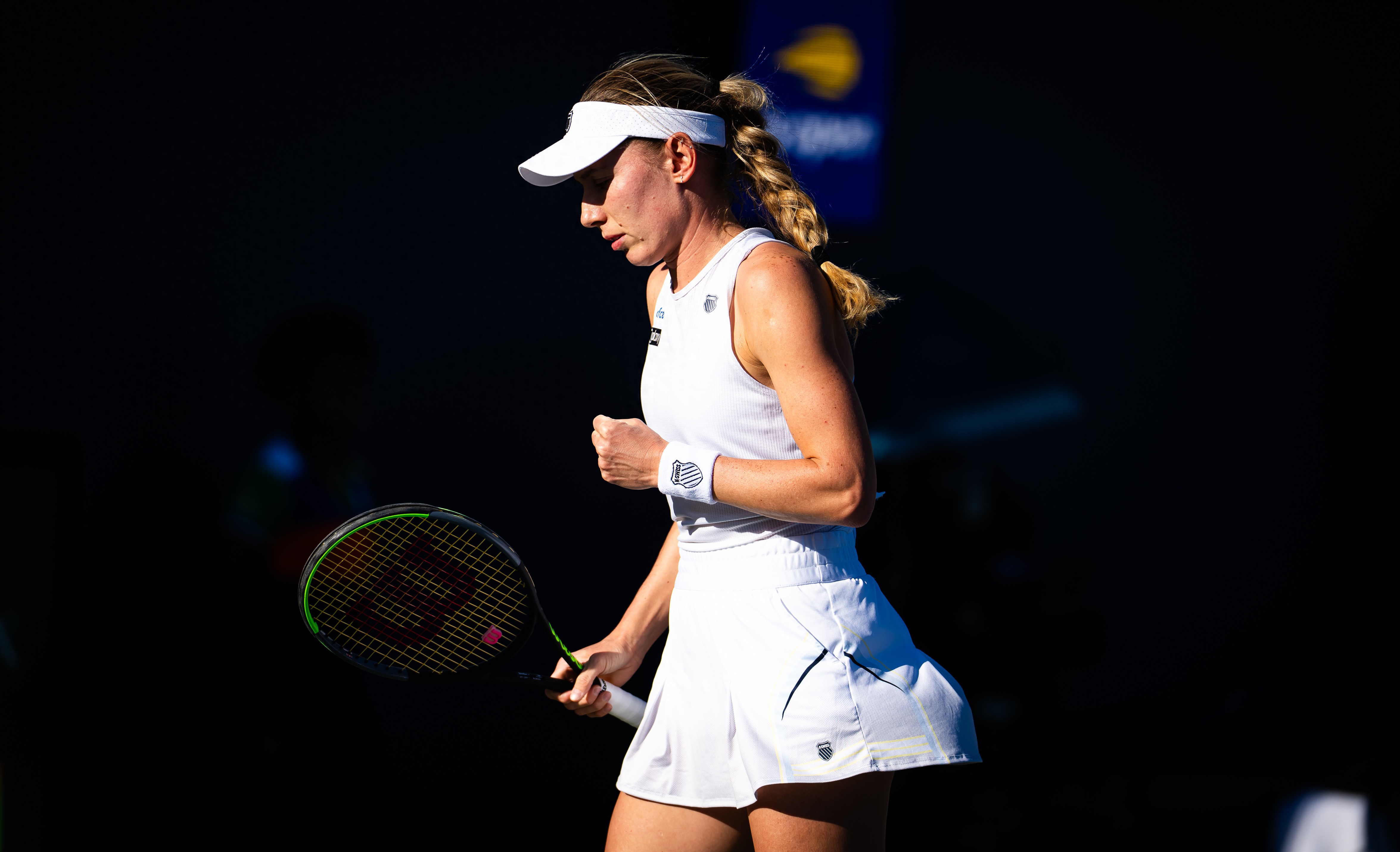
The clash with Swiatek was like a highlight reel of Alexandrova’s career. She quickly established dominance with her powerful forehand and precise serve, showcasing the player who once swept hard courts against Sabalenka and Swiatek. But as victory neared, familiar ghosts reemerged: double faults at critical points, once decisive shots turning hesitant, and tactical confusion creeping in. A top predator like Swiatek sensed the unease in the air and launched a fierce comeback.
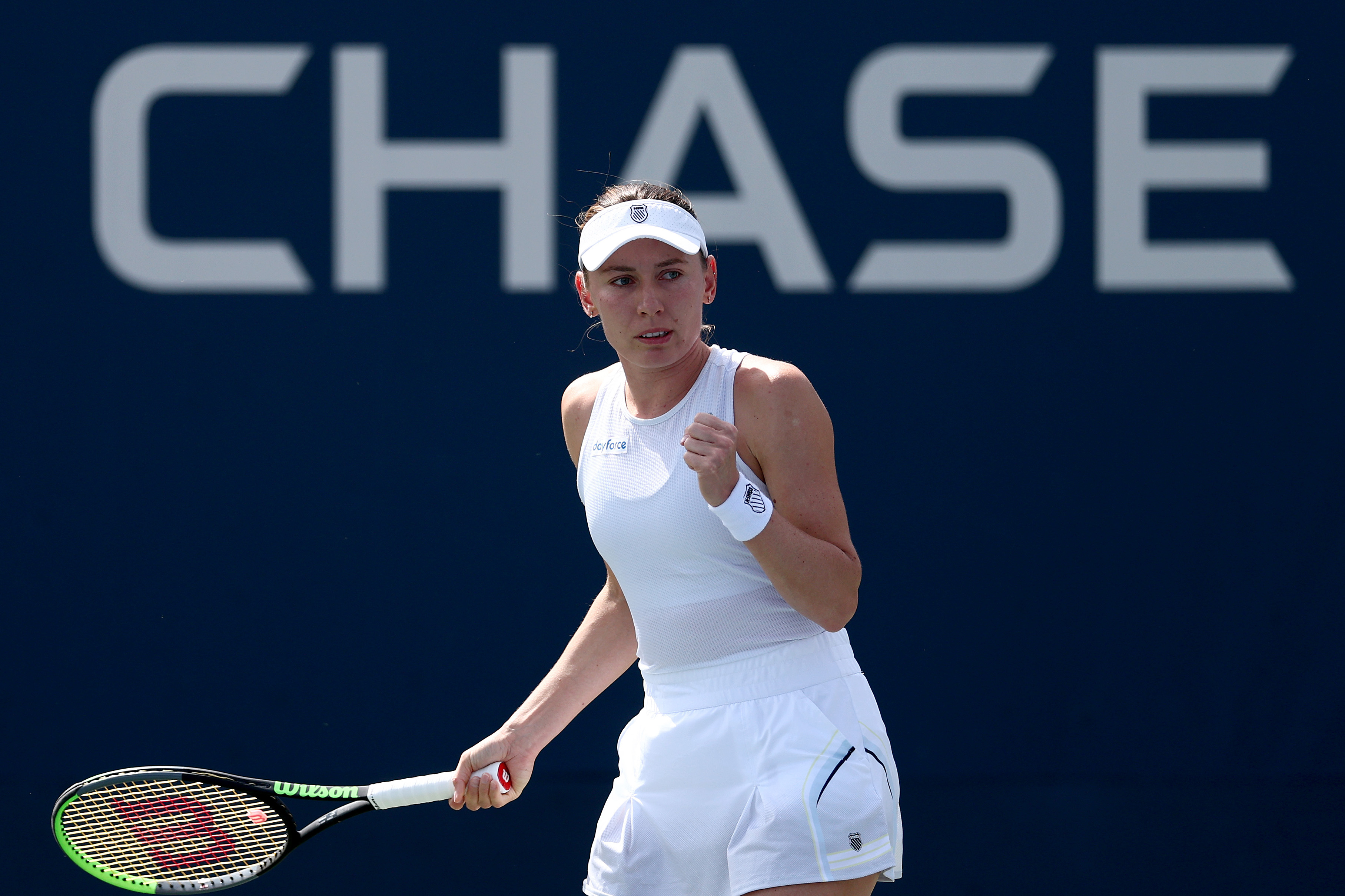
Alexandrova’s collapse was not a sudden whim but a pattern with clear signs. Just months earlier at the 2025 grass-court warm-up in ’s-Hertogenbosch, she astonishingly squandered 11 match points against Mertens. This “match point mental block” is no coincidence but an extreme manifestation of her psychological fragility. She seems like a cursed Sisyphus, repeatedly pushing the boulder near the summit only to fail at the final step.
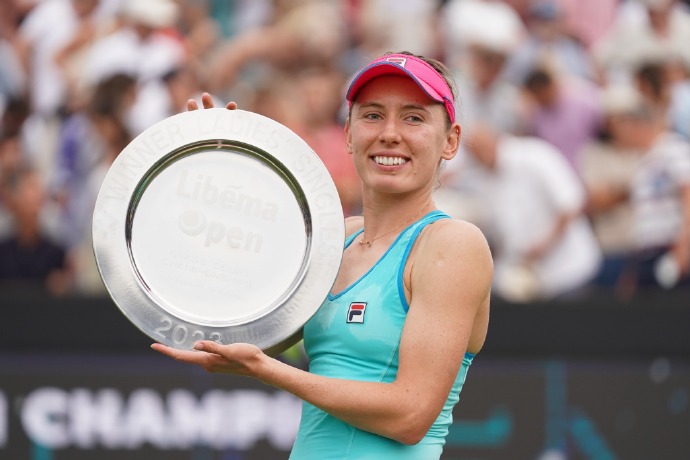
From a purely technical perspective, Alexandrova unquestionably has the hardware to rank in the world’s top ten or higher. Her serve is her greatest weapon, frequently delivering aces with speed and sharp angles; her forehand is powerful and forceful, capable of producing winners on any surface; and her backhand remains solid, maintaining consistent offensive pressure. These skills have earned her the reputation of a “giant killer,” having defeated top players like Swiatek and Sabalenka multiple times in her career.
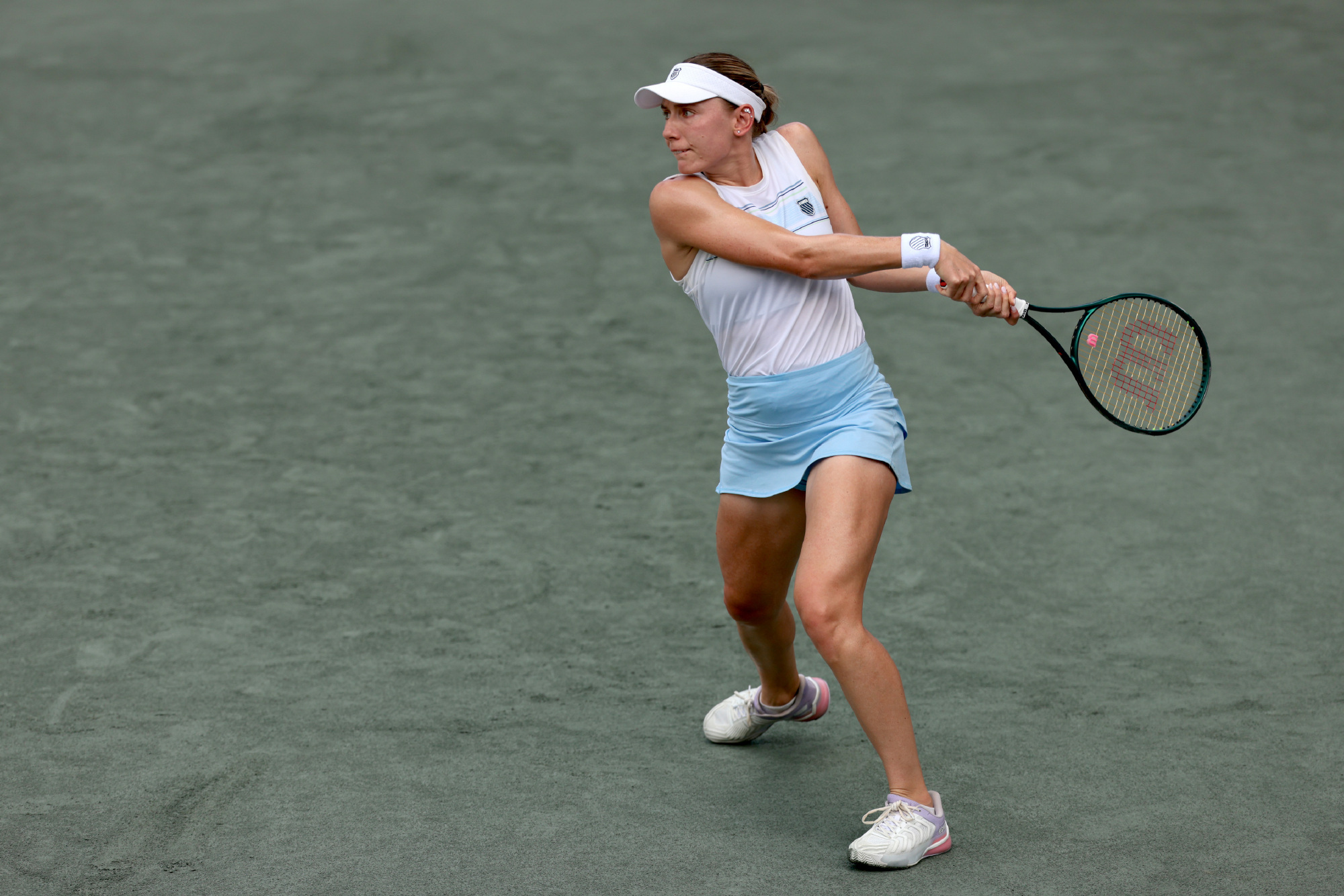
However, her results contrast sharply with her abilities. Although 2025 was her most consistent Grand Slam year (reaching the round of 16 in three consecutive majors), she still couldn’t break the quarterfinal barrier. Even more puzzling, she often lost early to much lower-ranked opponents, suffering first- or second-round exits. This inconsistency has kept her world ranking fluctuating between 10 and 25, preventing her from truly joining the elite ranks.
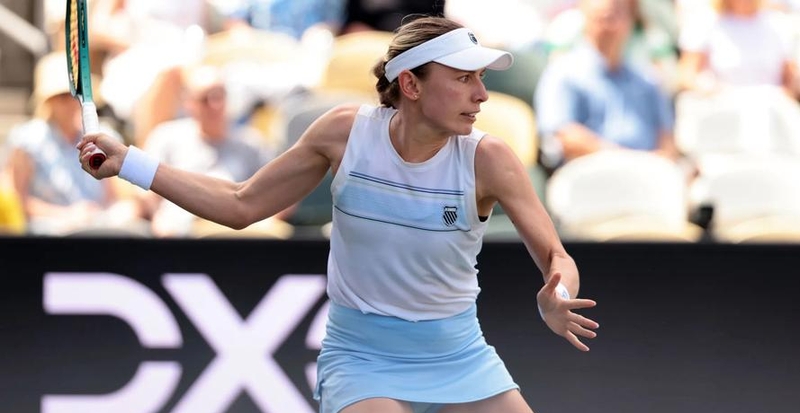
Alexandrova’s mental struggles partly reflect a tradition among some Russian female players—gifted yet psychologically fragile. From early players like Dementieva, known for her double faults, to Zvonareva and Pavlyuchenkova, many have experienced mental breakdowns at crucial moments. This “glass heart” trait seems to be an Achilles’ heel for certain Russian athletes.
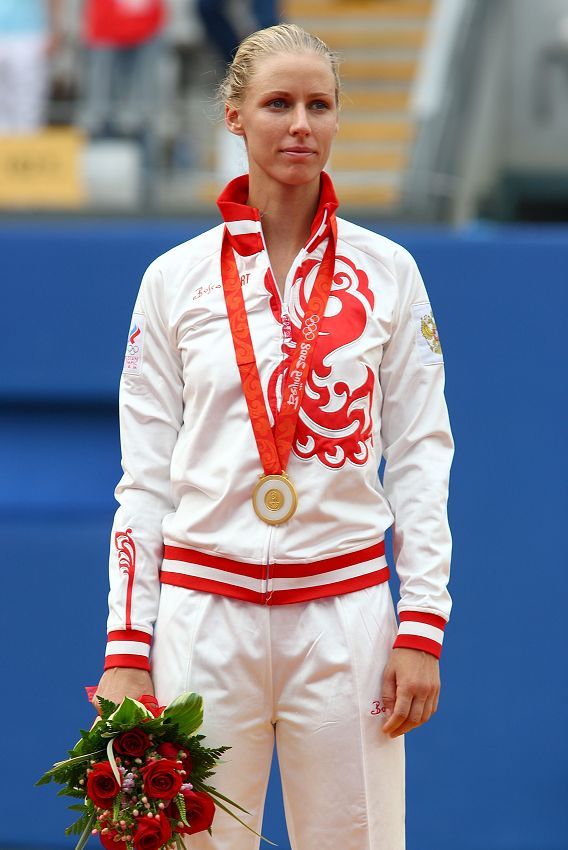
The Russian tennis system is renowned for developing technically well-rounded players but appears to have shortcomings in mental resilience training. Players often rely on talent and aggressive play to overpower lower-ranked opponents, but when faced with tough resistance or adversity, they tend to fall into emotional downward spirals. Alexandrova’s frequent on-court expressions—head shaking, sighing, vacant looks, and negative exchanges with her coach—are outward signs of her mental defenses collapsing.
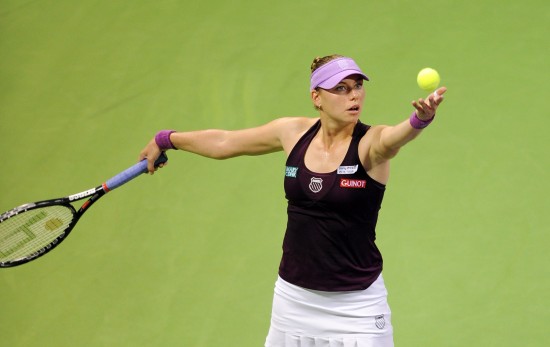
For Alexandrova, born in 1994, time is no longer on her side. The harsh reality of professional tennis is that young talents never run out. To overcome her current plateau, she must undergo thorough reforms in several areas: first, professional mental training—treating psychological development with the same rigor as technical practice, including hiring sports psychologists, meditation, and emotional management techniques. Serena Williams’ late-career success largely stemmed from turning mental toughness into her greatest asset; second, diversifying her tactical approach. Alexandrova overly depends on a “power breakthrough” style, showing weaknesses in rallies and defensive transitions. She needs to develop B and even C plans, learning smarter ways to win beyond brute force; third, targeted training for clutch moments. She should work with her team to simulate match points, break points, and other critical situations repeatedly to build muscle memory and psychological readiness, avoiding indecision under pressure. Lastly, adjusting expectations—perhaps she needs to temporarily set aside the heavy burden of “breaking into Grand Slam quarterfinals” and focus on each point rather than the outcome. Naomi Osaka admitted she deliberately avoided thinking about the significance of matches during her Grand Slam wins, concentrating solely on the present point.
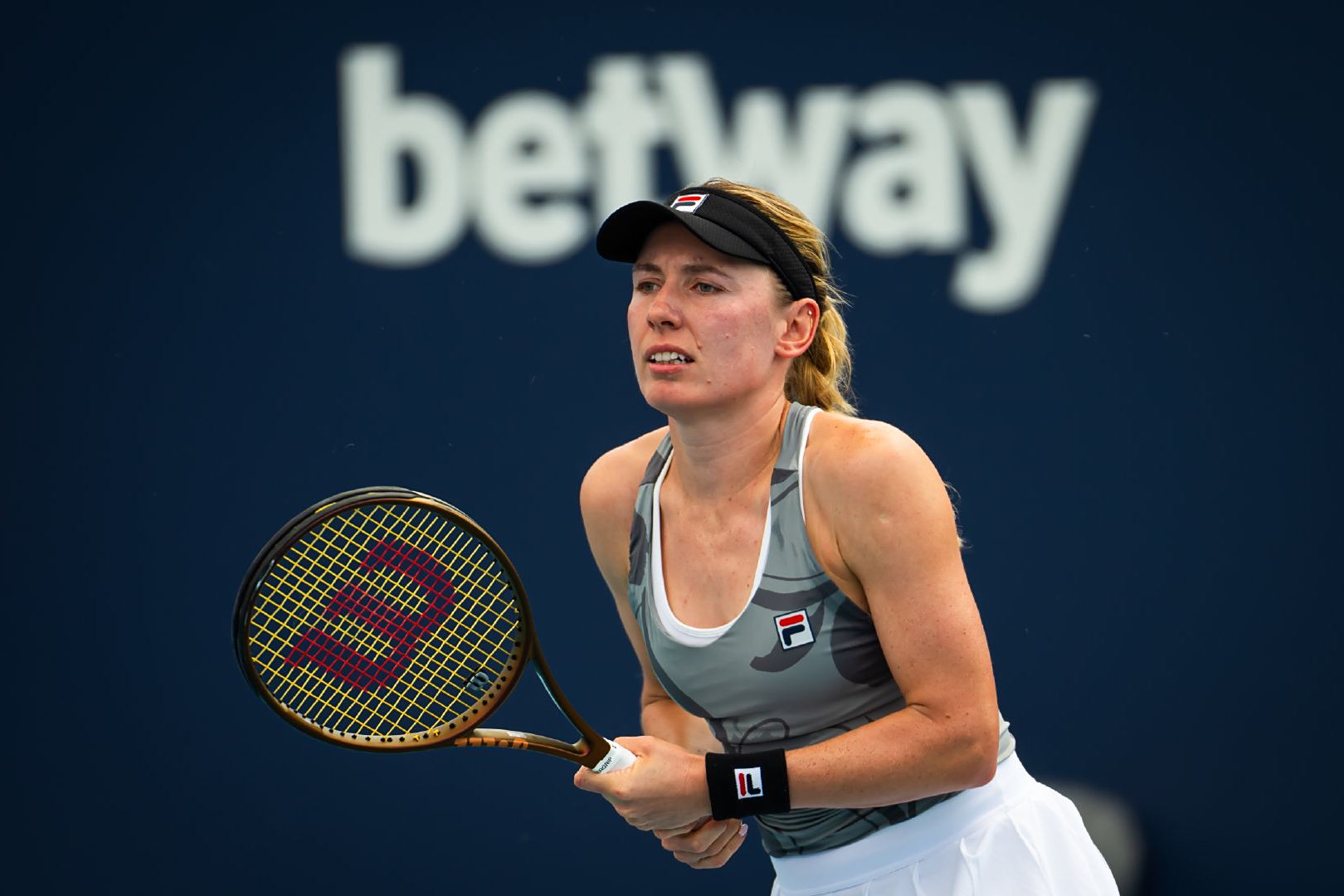
Alexandrova’s predicament is regrettable because she seems only a thin pane of glass away from the top tier. Yet that psychological glass can be harder to break than concrete walls. The loss in the Seoul final should mark a turning point—either the start of another heartbreaking chapter or the moment she confronts her mental demons and begins a genuine breakthrough.
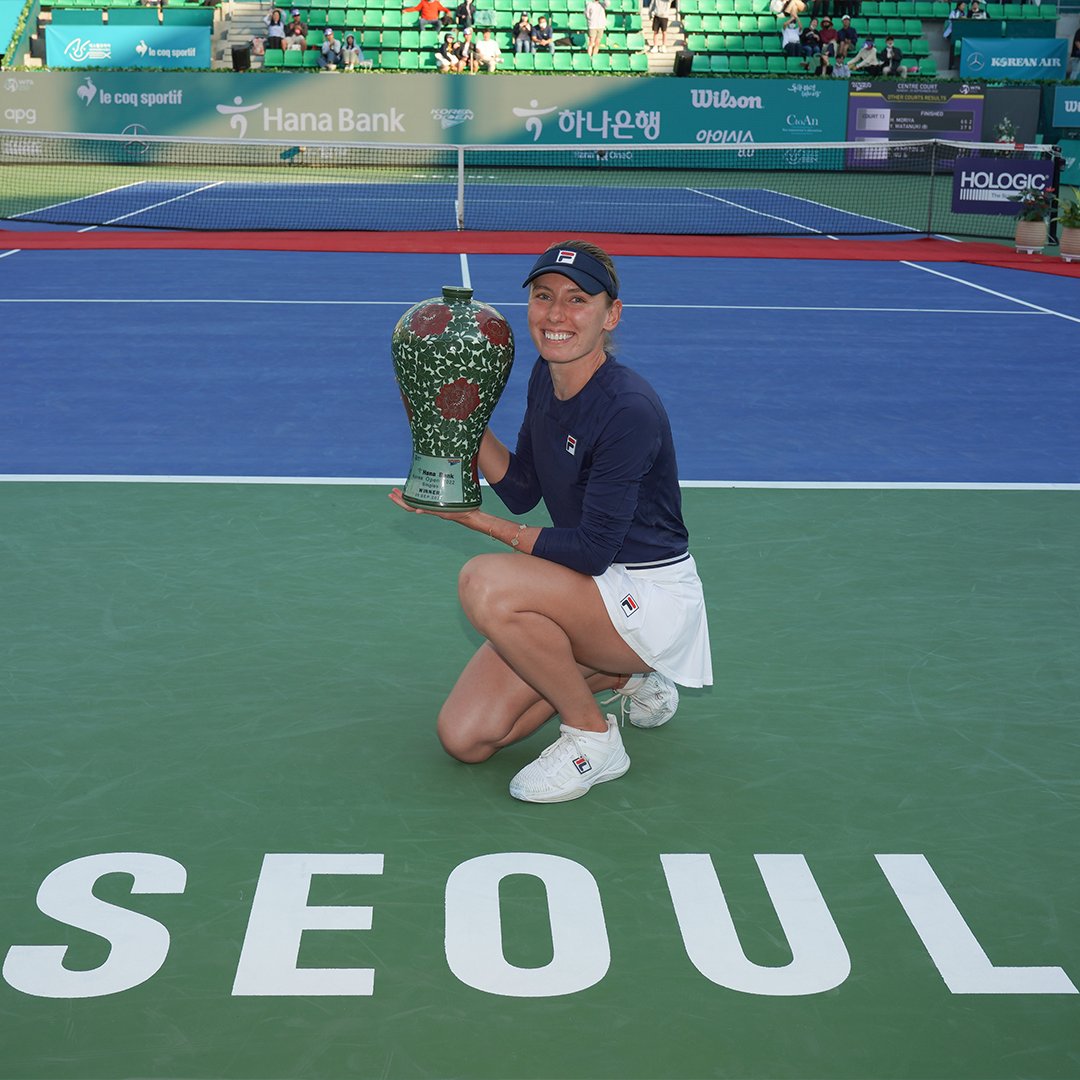
The WTA Tour is never short of players with dazzling skills, but those who reach the summit are always the ones who, beyond technique, remain calm under pressure and keep faith in adversity. For Alexandrova, the toughest match has never been against Swiatek or Sabalenka, but the battle against the ghosts within herself. Only by winning this internal war can she fully unleash her potential and shatter that invisible glass ceiling.(Source: Tennis Home, Author: Xiao Di)







 Links
Links
 Contact
Contact
 App
App


